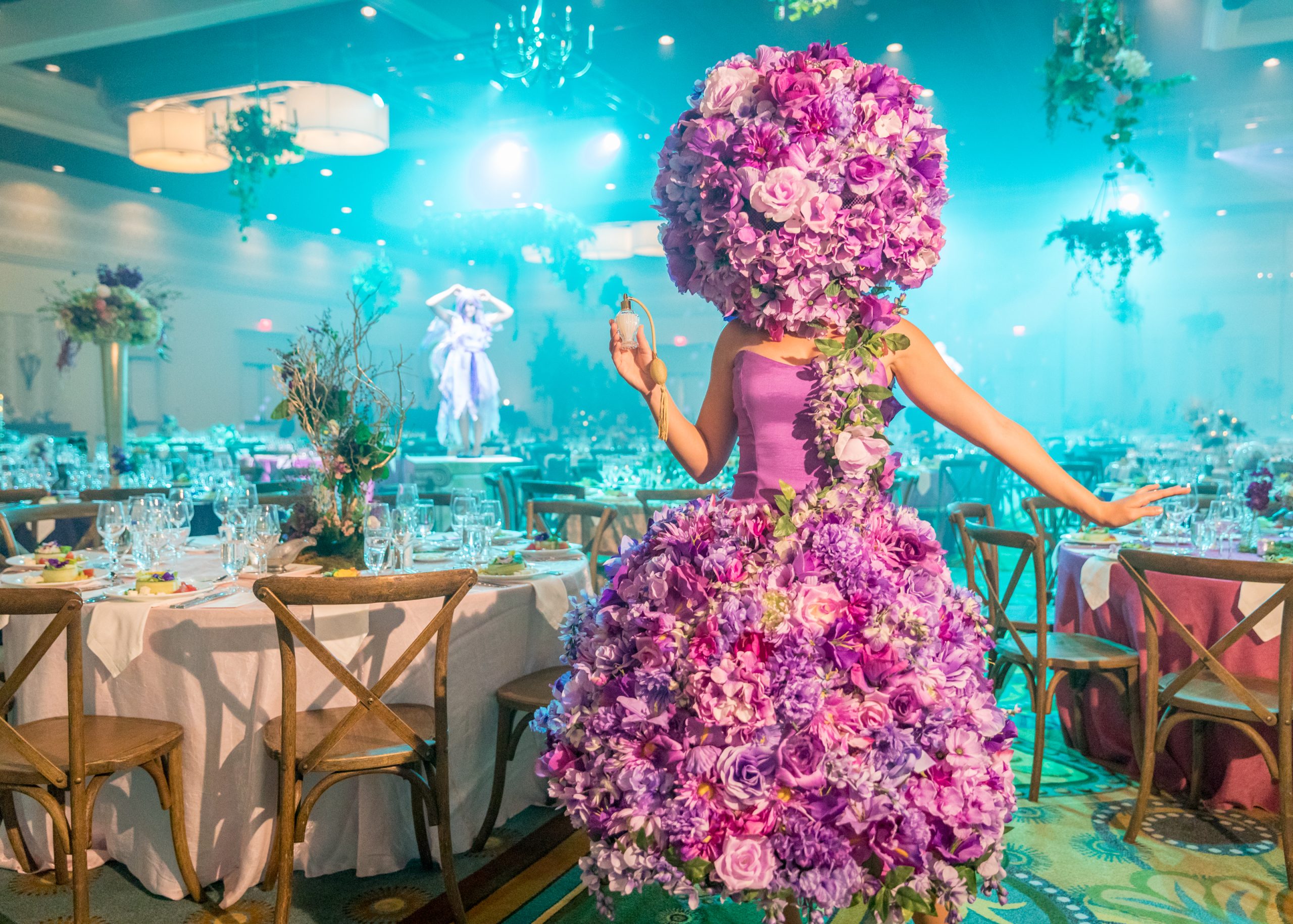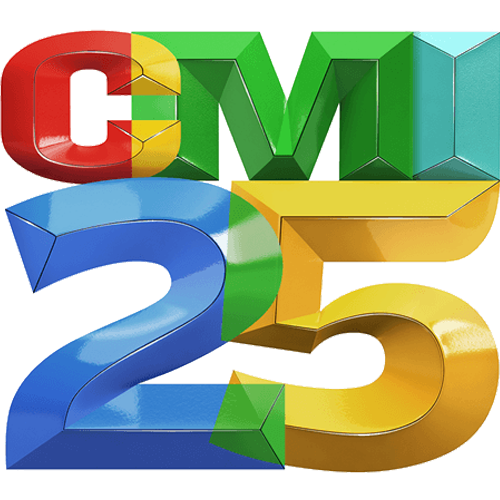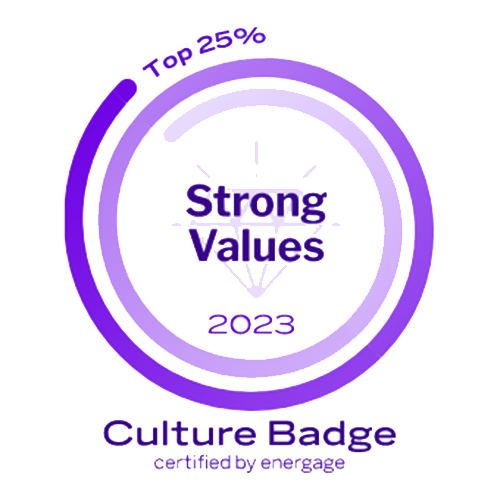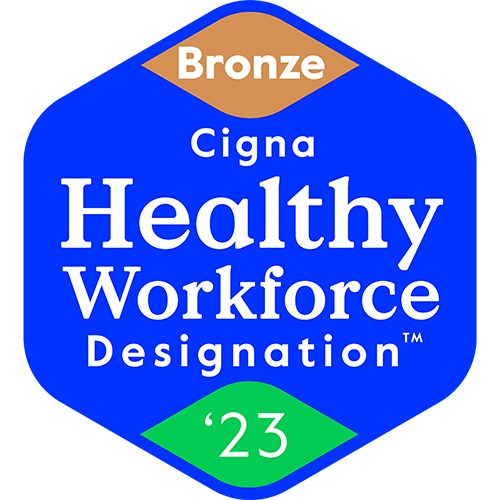If you’re planning an evening event, it’s important to consider whether it makes more sense to schedule on a weekend or during the week. But many design elements make up an event, from the food and decor to the entertainment and overall ambiance—and there’s more that goes into planning than just the day of the week. Because every detail matters, and hosting a memorable event is always the goal.
As you implement your event design, here are some ideas to help you conceptualize your evening affair while also maintaining a strategic approach.
Make Your Event Unforgettable: Choose a Theme
When designing your event around a theme, pick one that aligns with your company goals and culture. For instance, if you want your employees to build connections, choosing a theme around hands-on or interactive activities, so they can get to know each other, may be a good option. Or maybe the purpose of your event is to show your appreciation. This means a night of elegance and glamor may be in order, so a sit-down dinner is a better-suited dynamic.
Themes for corporate events can be designed around the time of the year. A good example is a winter wonderland event, which allows you to navigate the holidays inclusively while still hosting an end-of-year gathering. Want something spooky during the fall? Host a murdery mystery party.
Literary, movie, and TV themes are popular, as well as masquerade themes and dance parties (make sure to get a dance floor and performers who can set the tone). The options are really endless, but the most important fact to remember? Know your audience. Have your goals clearly in mind, and set your budget.
By being innovative and creating unique experiences, you can go from ordinary to unforgettable, like immersing your guests in foods and entertainment from around the world.
The Magic Happens With Entertainment
The entertainment you choose plays a significant role that’s central to the event. You can plan your event around the most unique theme in the world, but if your entertainment doesn’t make sense or is lackluster, then you haven’t created an unforgettable experience. Entertainment may include musicians, comedians, athletes, magicians, speakers, artists, and more. Whoever it is, they should tell a greater story, one embedded in your overall goal and closely aligned with your theme.
Engage
Entertainment isn’t just performers and entertainers. It can take the form of interactive experiences and activities, like escape rooms, cooking classes, wine tasting, dance-offs, private film screenings for a little Hollywood glitz, trivia nights, talent shows, photo booths, interactive apps for a nighttime scavenger hunt, or for laughs—a roast (and many more).
Go Big
Engage your attendees and make a spectacle—we promise they won’t forget it. Remember when Red Bull made onlookers joke aliens were invading Los Angeles? The brand employed an aerial stuntman to jump from a helicopter wearing LED lights and pyrotechnics to celebrate the last supermoon of the decade. While the energy drink brand’s spectacle was part of a marketing stunt, don’t underestimate the power of skydivers and laser drone shows to make for a truly memorable experience.
Be Immersive
Blend reality with fantasy by taking advantage of tech tools, like virtual and augmented reality, as well as AI. From immersing guests in different locales or experiences (like holographic art exhibitions), through interactive narratives (think choose-your-own path theater), there are many options and unique ways to bring your employees more fully into an event.
Culture and Locality
If your event is taking place in a unique location, the experience should begin at the onset, with invitations, branded gifts, and more creating anticipation for attendees. And once everyone is at the destination, design attendee experiences so they’re relevant to the locale. Whether that’s dinner in the Bush and learning Maasai tribe dances in Africa or Thai boxing and cooking classes in Thailand, recent data shows attendees are looking for more authentic, immersive experiences in local culture.
Closing Time
Every event must come to an end, but by knowing your audience and goals, you can create an event they’ll remember, while also allowing them to connect on a greater level with co-workers, employers, and the company mission.











